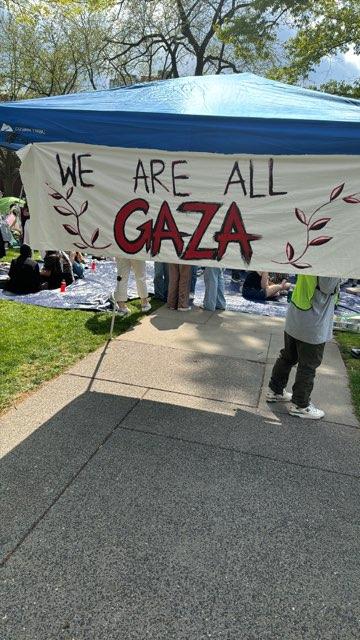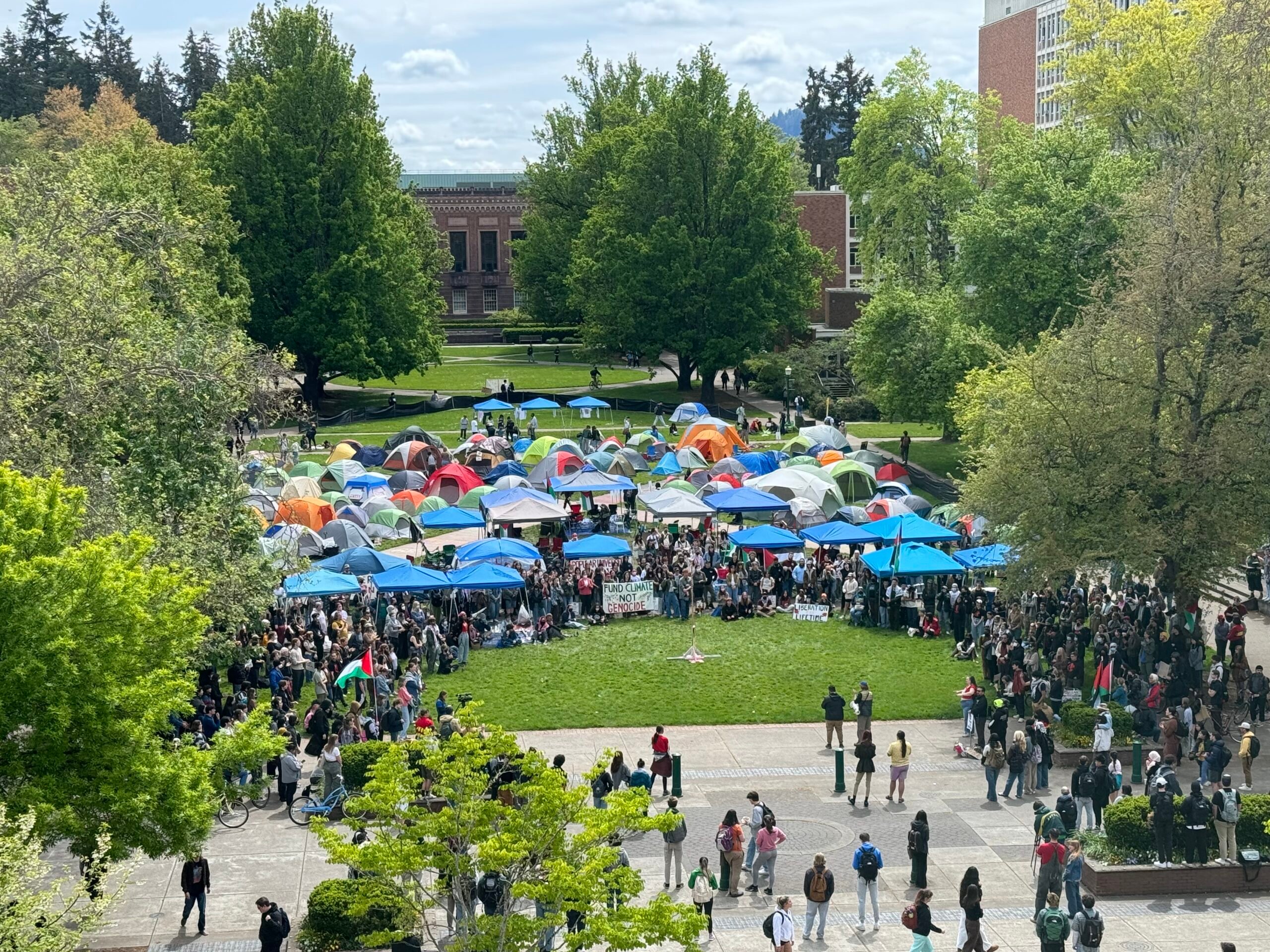A number of years ago, a friend of mine married a woman from a very upscale neighborhood. After a few months of Shabbos and Yom Tov visits with his in-laws, he quipped that he feels bad for the first-grade teachers in their local schools. He imagined that the teacher would tell the class that they are going to learn about addition and proceed to explain the old “If I have one apple and add another apple, then how many apples do I have?” routine. And then one of the students calls out, “That’s not addition. My Mommy is making an addition to our upstairs, and when she finishes that one, she said she’s going to make another addition to the kitchen!”
How often in life do we think that if we only had that one more thing, then we would be truly happy and then we could really appreciate our blessings. It could be a new car, moving to a different neighborhood, having a little more money, a better boss, better employee, better- behaved children, a shidduch, health, etc. That one missing commodity contains the key to our elusive happiness.
Not long before his undoing, the villainous Haman declared, “I have everything! I have money; I have children; I have prestige. I am invited to the private royal banquets, and everyone bows before me. Everything is going my way, save for one thing! But that one thing gets in the way of my complete happiness. Just as soon as I get Mordechai out of the way, then my life will truly be perfect.”Little did Haman realize that his efforts to attain that “one last thing” would destroy him and cause him to lose everything he had.
We would be wise to learn to appreciate the blessings we have and not focus on that “one thing we are missing.” The bottom line is that there will always be that one thing missing because life in this world is never perfect.
I once heard a beautiful quote that sums this idea up eloquently: “Life isn’t about waiting for the storm to pass but about learning how to dance in the rain!”
Rav Hutner zt’l related that in Europe there was a refrain that performers would chant on Purim: “Haynt iz Purim, morgen iz oiys; Gebb mir a trink, oon vahrf mir aroys”, loosely translated as “Today is Purim, tomorrow, it’s no more; give me a drink and throw me out the door!” Rav Hutner explained (in a more lengthy and characteristically deep manner) that if one would act as he does on Purim the day after Purim, he would be viewed as socially off. But on Purim itself we focus on the day. True, tomorrow it’s over, but today is Purim!
On Purim we live in the moment. We appreciate the blessings of today: primarily our faith in an Omnipotent and loving G-d, love for our fellow Jews and celebrating the fact that we are part of the greatest nation on earth!
It’s a lesson we need to take with us long after the shalach manos have been divvied up (or burnt with the chametz). It’s a lesson we may hear numerous times, but still have a hard time internalizing: It’s not stuff or money that will ever bring happiness, but rather our ability to appreciate what we have— our ability to dance in the rain!
Rabbi Dani Staum, LMSW, is a popular speaker and author. He is a rebbe in Heichal HaTorah in Teaneck and an experienced therapist who has recently returned to seeing clients in private practice as part of the Rockland CBT group. To schedule an appointment with Rabbi Staum, call (914) 295-0115.
Looking for an inspirational and motivational speaker or scholar-in-residence? Contact Rabbi Staum for a unique speaking experience by emailing [email protected]. Archives of his writings can be found at www.stamtorah.info.











